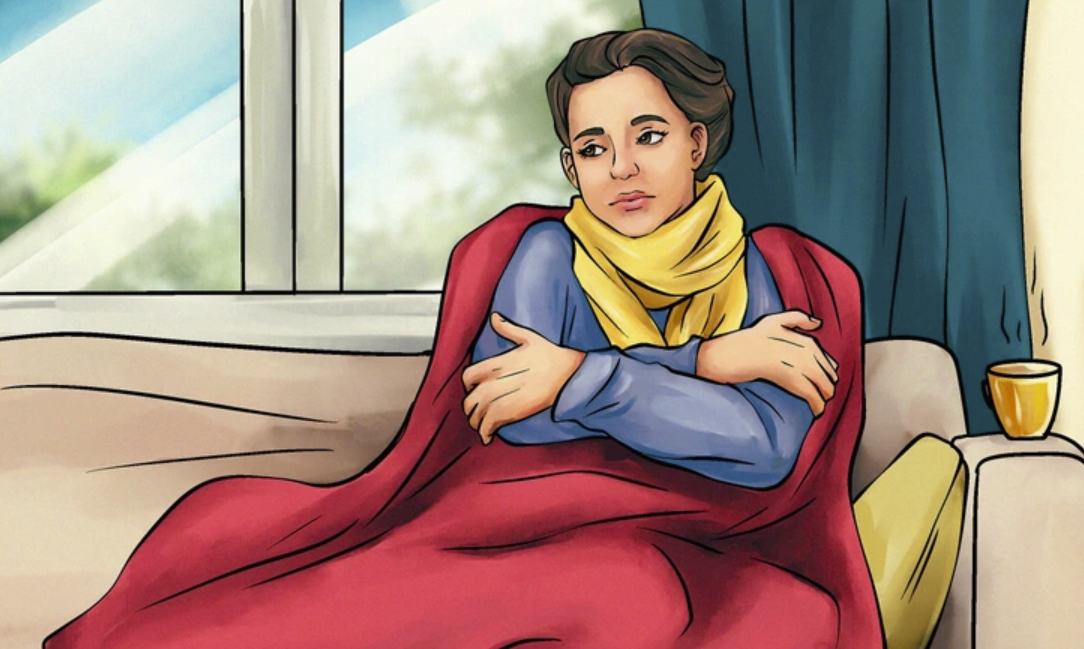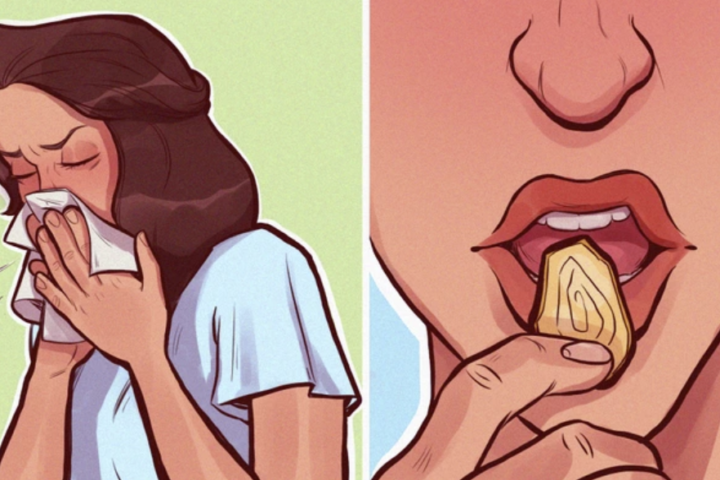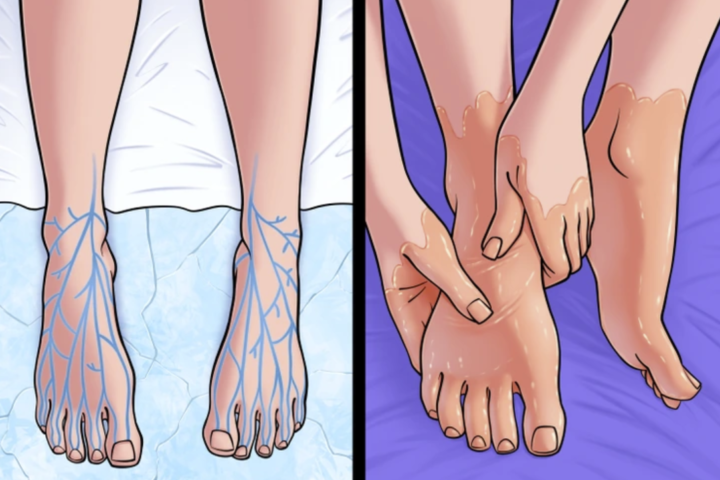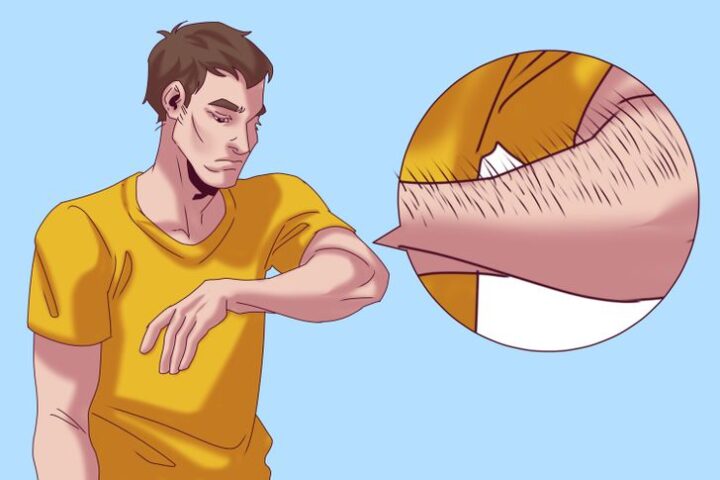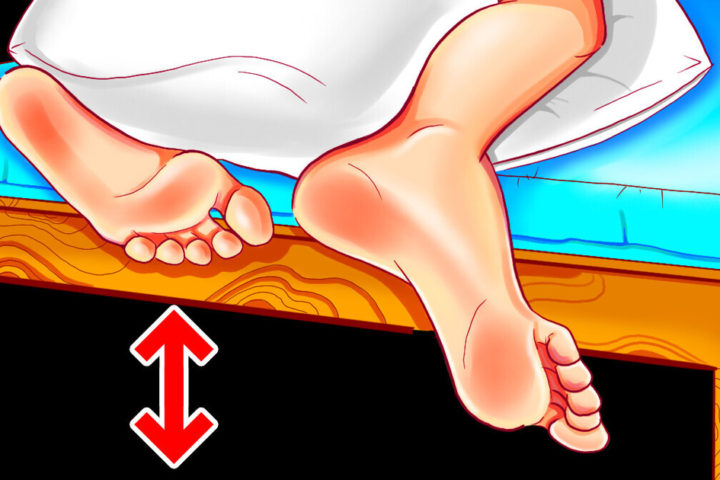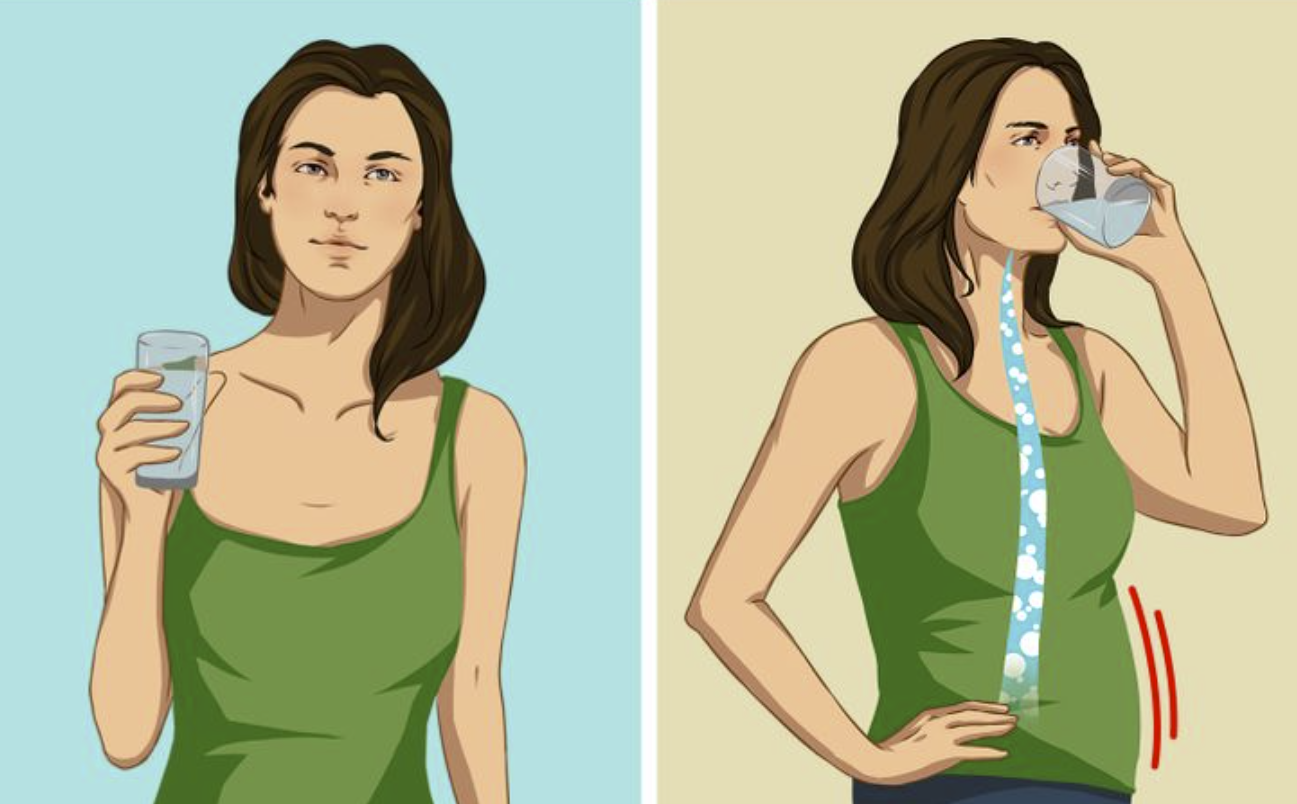Do you get cold easily? Or maybe do you feel cold all the time? In this article, we’re going to explain what are the causes together with the solution for it. Stay tuned!
How is body temperature regulated?
Everything in the human body has it own arrange system in such a way to maintain optimal bodily functions until there are certain limits that become normal standards.
Same goes to body temperature. A standard proper body temperature is crucial because it takes a variety of chemical reactions in the body to be able to run optimally. In fact, according to forecast, 40% of the calories we consume are used by the body to keep the body warm.
In controlling temperature, the body undergoes various processes called thermoregulation. The process is divided into 2 parts: how much heat is produced by the body and how quickly the heat is lost from the body.
Uniquely, the temperature in certain body areas can be warmer than others. For example, although the torso (core) feels warm when touched, but the hands and feet can be cooler than that.
Human body temperature is regulated by the hypothalamus which acts as a thermostat or center of heat. When the body is overheated, the hypothalamus will dilate blood vessels near the surface of the skin to release heat. No wonder the skin becomes reddish and sweaty.
On the other hand, when you cold, the hypothalamus will shrink blood vessels to save heat so that the hands and feet feel cold.
If there are too much heat is lost from the body, the muscles will then shiver to produce heat. In addition, the hypothalamus also controls the thyroid gland which has a major role in metabolism (this process determines how much heat the body produces).
If the thyroid gland is not functioning optimally, then this is one reason why the body feels cold all the time.
1. Being Too Thin
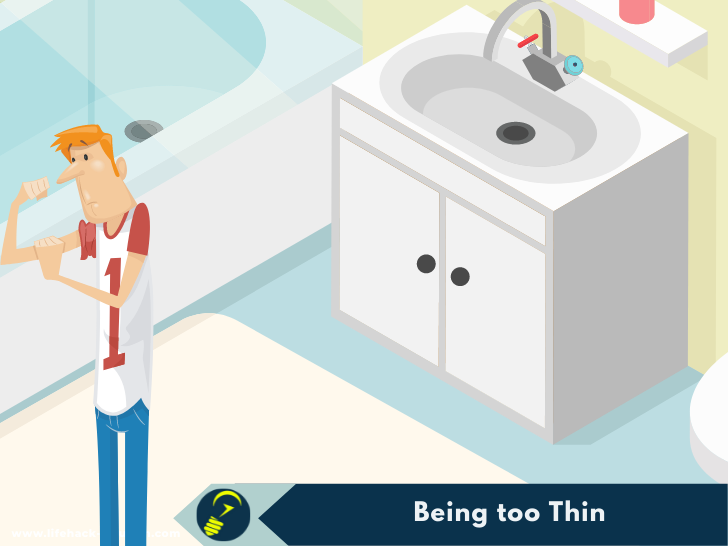
Someone whose BMI index is lower than 18.5 is usually has less fat and muscle mass. Though both are important to keep the body warm, speed up metabolism, and produce heat.
When your body didn’t move, the muscles are able to produce up to 25% of the heat needed by the body. So if more muscle mass, the body is getting hotter too. Therefore, you who are too thin should do a body fattening program. Do this by choosing healthy foods and exercising regularly to build muscle.
2. Iron Substance Deficiency
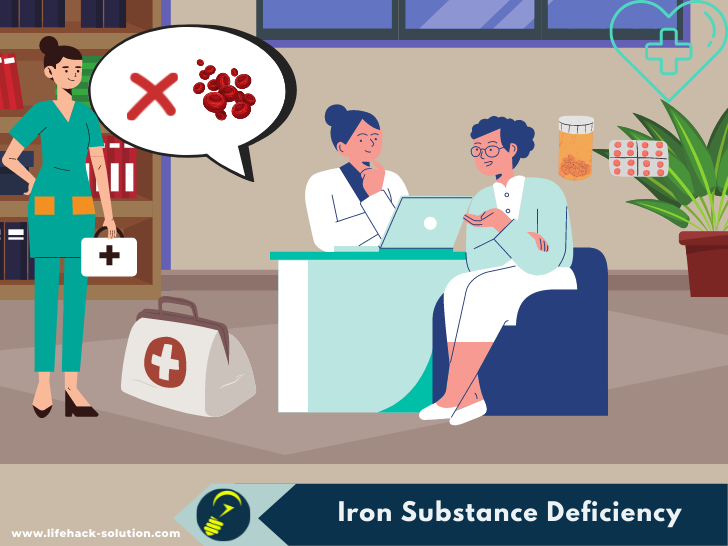
Iron is an important part of the blood because it is responsible for helping red blood cells distribute oxygen throughout the body.
Therefore, if your body gets iron deficient, the process of spreading oxygen will be disrupted which caused the body to feel cold all the time.
Various studies suspect that iron deficiency affects thermoregulation in 2 different ways:
- First, the lack of iron has an impact on the thyroid, making it less effective in producing heat that the body needs.
- Second, iron deficiency also affects circulation or blood flow.
Blood flow usually will increase automatically to overcome this problem and this makes the body lose heat more quickly.
Generally, women of childbearing age are more likely to experience iron deficiency, bearing in mind that every month they experience menstruation.
Other symptoms of iron deficiency are pale skin, dizziness, excessive fatigue, and irregular heartbeat.
The solution to this situation is of course by increasing iron intake through supplements or certain foods such as lean meat, eggs, and spinach.
3. Bad Circulation
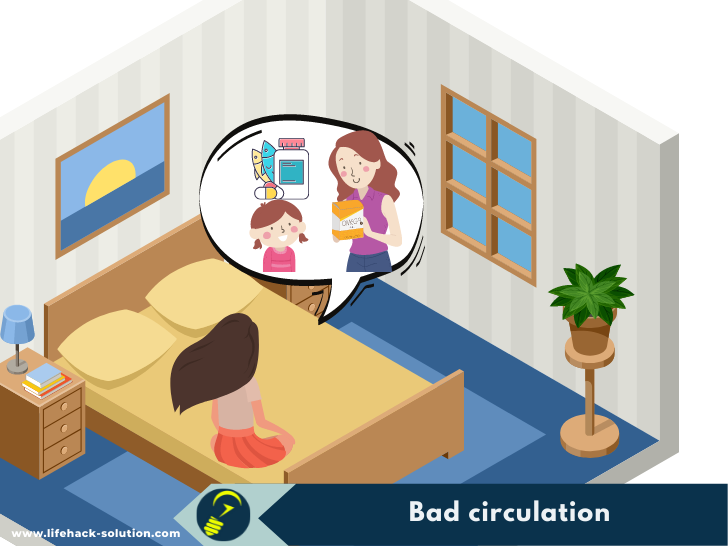
If only your hands and feet are cold, it could be that poor circulation is the cause, and you should not worry about this. However, it is different if the cold hits one side of the body only, the cause could be due to atherosclerosis.
Atherosclerosis occurs when the arterial wall is blocked by fat substances so that only a small amount of blood flows in the area.
Another suspect of poor circulation is Raynaud’s disease, where most sufferers are women. This disease causes blood vessels in the fingers, ears, and nose to narrow during cold air so that the colour turn into blue.
Muscles in the walls of blood vessels can also shiver, causing pain and numbness. Although it is not dangerous, atherosclerosis or Raynaud’s disease must be treated ASAP.
For the solution, you should consume omega-3 oils which can increase circulation.
4. Lack of Vitamin B12

Same as iron substance, vitamin B12 plays an important role in the production of red blood cells. For the same reason as before, vitamin B12 deficiency can also cause the body to feel cold.
Another risk of this vitamin deficiency is the disruption of the body’s ability to absorb nutrients from food. Therefore, increase consumption of foods, especially animals, such as lean meat, fish, and dairy products.
Daily diet should be enough to meet the body’s need for B12. But for those who are not fond of seafood or allergic to dairy products, are advised to consume additional supplements.
5. SAD (Seasonal Affective Disorder)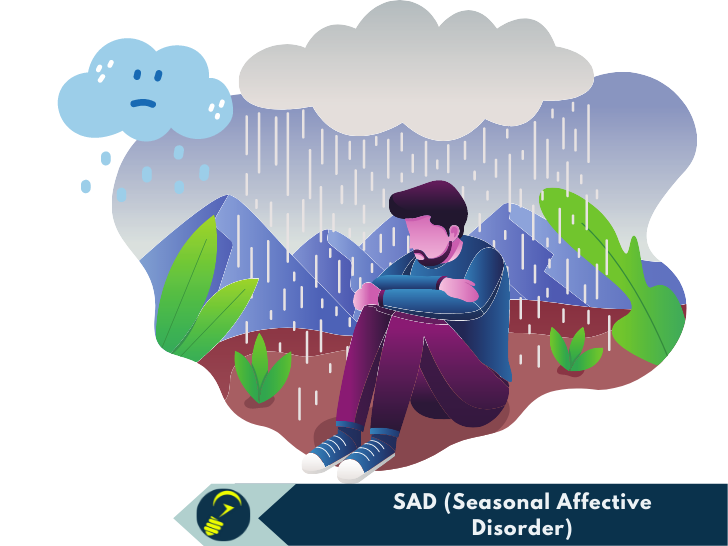
SAD is a condition that is closely related to feelings of depression, boredom, or fatigue during winter. Experts note that SAD sufferers tend to have low dopamine levels in their bodies, and the cause is due to lack of sun exposure during the winter.
Interestingly, the modulation turned out to be very ‘dopamine’, so it’s no wonder that SAD sufferers are also more sensitive to cold air because their bodies are less effective in regulating their own temperature. Therefore, SAD sufferers should consult to doctor or undergo treatment that involves exposure to UV light while taking vitamin D.
6. Lack of Sleep
Various studies have found lack of sleep can reduce body temperature. The reason is because lack of sleep affects the nervous system and regulatory mechanisms in the brain that regulate heat. This reduced hypothalamus activity has an impact on metabolism, making it sluggish.
For that, try to get enough sleep every night. In order to quickly relax and sleep, consume foods high in magnesium. You who work all day just sitting in front of a computer must also exercise so that circulation is smooth and the quality of sleep improves.
Read Also: How to Sleep Easier When You Can’t Sleep
7. Thyroid Disorders
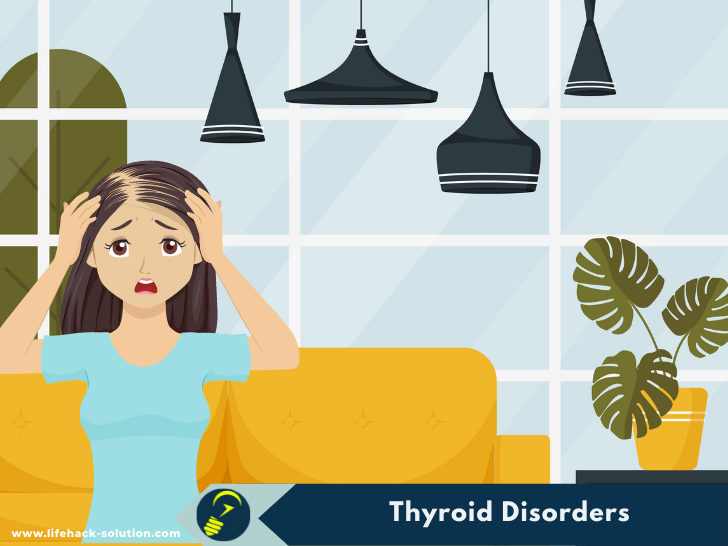
By order of the hypothalamus, the thyroid gland works by speeding up or slowing down metabolism.
Because this gland is responsible for burning calories, if the thyroid is inactive (hypothyroidism), the thyroxine hormone is automatically reduced.
As a result, metabolism slows down so the body feels cold. Generally women who often suffer from this hypothyroid. Some symptoms of hypothyroidism are hair loss, brittle nails, excessive fatigue, irregular menstruation, and weight gain without apparent cause.
If you experience these symptoms, immediately see a doctor because this condition can be easily handled with proper treatment.
Mild thyroid disorders can also be treated with selenium supplements.
8. Injury
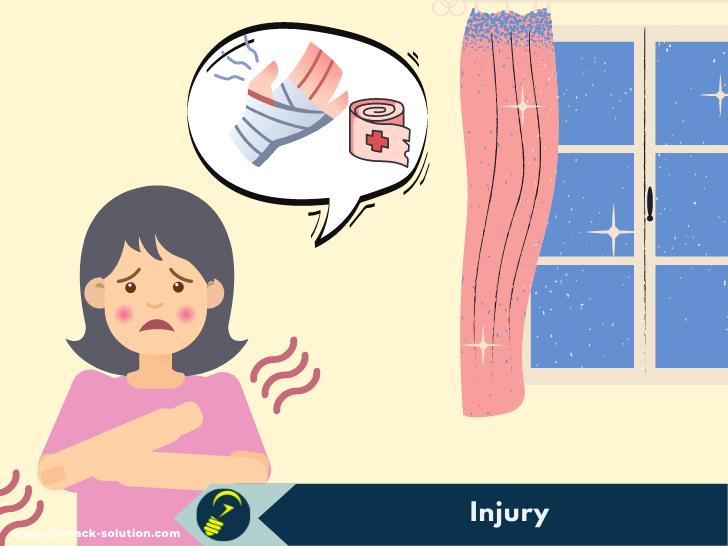
Some doctors find that those who have had serious hand injuries tend to be more sensitive to cold. The exact reason why this happens is still unclear, but what is clear is that the effects can last a long time.
It is suspected that injuries might affect the circulation system. Unfortunately not much can be done to overcome this condition. You can only make efforts such as wrapping an injured body part to warm it up, or staying active throughout the day.
9. Not much Movement

When shivering, muscles expand and contract so that it produces heat. Therefore the greater and more active muscles, the greater the impact on body temperature.
This means, regular exercise can warm the body. Conversely, rarely move or sit too much makes the body feel cold. Various study results even found that regular exercise has a long impact that is making the body more skilled in maintaining ideal temperatures.
10. Small Eater

The heat produced by the body comes from food. As mentioned before, 40% of the body’s calories are used to warm the body.
So it is logical if the cause of the body feels cold next is due to lack of food, whether it’s because you’re on a diet, starving, etc. You can change your way of diet, one of them by increasing the frequency of eating (small portions) every day. Choose warm food rather than cold so that the body does not need to work extra to warm it up again when it enters the body.
11. Diabetes
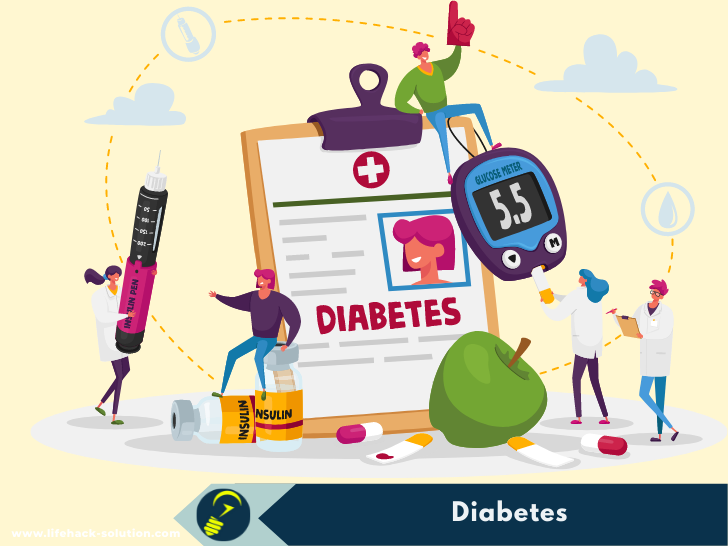
Diabetes can also cause circulation disorders, hypertension, and thyroid problems. Over time, diabetes can trigger nerve damage, causing numbness and pain in the hands and feet.
In addition to circulatory disorders, other symptoms of diabetes are increased thirst, nausea and vomiting, loss of appetite, shortness of breath, and swelling on the face, feet, or hands. Immediately visit a doctor if you experience it.
12. Cigarettes

Every time you smoke, toxins enter the blood vessels, and the most dangerous is carbon monoxide because it can damage the inner lining of blood vessel walls.
Nicotine also causes damage because it speeds up the heart rate (about 20 beats / minute), raises blood pressure, and shrinks blood vessels. All this increases the risk of blood clots and that means the heart has to work harder. In conclusion, quitting smoking is always the best.
So those were some of the causes of the body feeling cold along with solutions that you can try!

